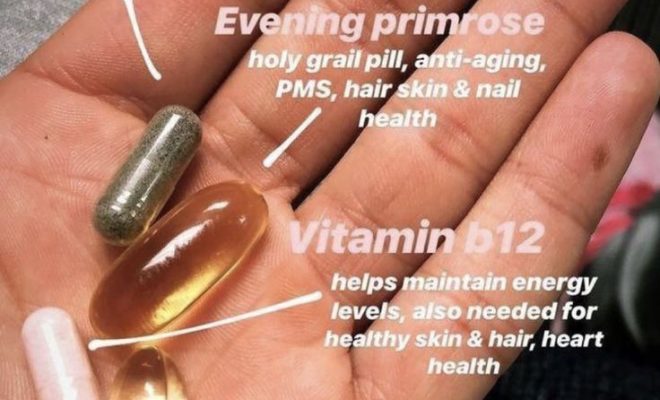More Eye Drops Recalled: How to Keep Your Eyes Safe

Another wave of eye drops has been recalled, this time involving several over-the-counter and prescription products. The recall was issued after an FDA investigation discovered issues with sterility assurance following reports of adverse effects. This recent incident is a stark reminder of the importance of eye health and the need for consumers to be vigilant about the products they use.
Eye drops are essential for many individuals dealing with dry eyes, allergies, or other conditions requiring ocular lubrication or medication. Loss of sterility can have serious consequences, including eye infections that can lead to vision loss if not treated properly.
Here are some steps you can take to keep your eyes safe:
1. Check for Recalls: Stay informed about the latest recalls by visiting the FDA’s website or subscribing to recall notifications.
2. Purchase Verified Products: Buy eye drops from reputable sources. Look for products that have been verified by a trusted authority such as the FDA.
3. Proper Usage: Follow the directions on the product label carefully. Do not use drops more frequently than recommended.
4. Mind the Expiration Date: Expired eye drops may lose their effectiveness and increase the risk of contamination. Always check expiration dates before use.
5. Hygiene is Key: Wash your hands before applying eye drops to prevent transferring bacteria or other contaminants to your eyes.
6. Don’t Share Drops: Sharing eye drops can spread infections. Keep your eye products to yourself.
7. Report Issues: If you experience adverse effects from using any eye drop product, report it to your healthcare provider and the FDA’s MedWatch program immediately.
8. Consult With Your Eye Doctor: If you’re unsure about which eye drops are suitable for you, or if you have specific needs for your eyesight, consult with an optometrist or ophthalmologist.
The recall serves as a serious reminder about the risks associated with contaminated eye care products and underscores the need for consumers to be proactive in protecting their ocular health. By staying informed, practicing good hygiene, and consulting with healthcare professionals, individuals can help safeguard their vision against potentially harmful products.



